Frieder Vogelmann
Four Neglected Roads
to Political Epistemology

ECPR General Conference 2020
“Innsbruck”
28 August 2020
Introduction
Diagnosis
“Political Epistemology” is a contested name for an emerging field of interdisciplinary research.
Proposal
We should understand “political epistemology” as the name of the ambitious task to articulate the intertwinement of epistemology and social or political theory that is prompted by the recognition that knowledge/truth is inherently related to politics/society.
Three Principles
minmal materialism, self-reflexivity and epistemic non-sovereignty
Four Neglected Roads
Frankfurt School critical theory (I), feminist epistemology (II), poststructuralism (III) and postcolonial theory (IV) have explored the combination of minimal materialism, self-reflexivity and epistemic non-sovereignty long before the name “political epistemology” gained currency but are somewhat neglected in the contemporary debates in “political epistemology.”
Frankfurt School Critical Theory: Adorno
| 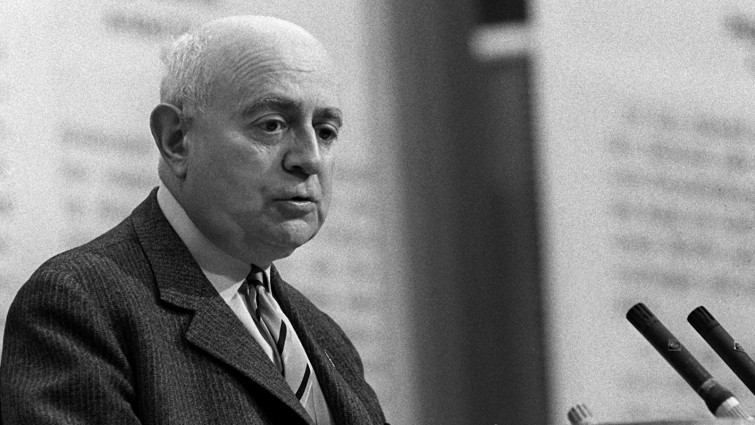
|
Frankfurt School Critical Theory: Horkheimer
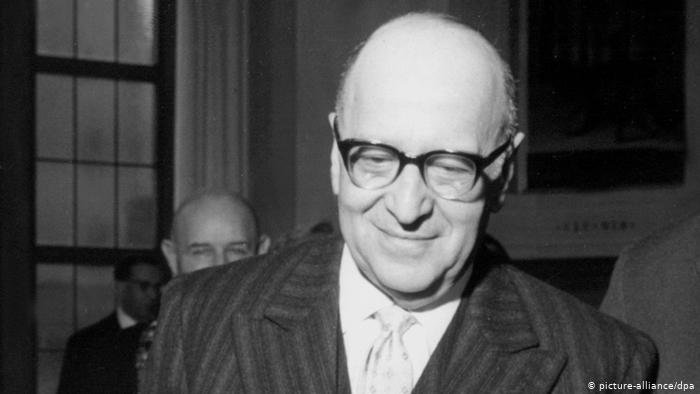 Two aspects of Horkheimer’s distinction between traditional and critical theory: (a) Traditional theory aims at correctly mapping the world, critical theory aims at emancipating it. (b) Critical theory assumes that its own knowledge has a temporal core—truth itself is not timeless. | Task Frankfurt School critical theory sets itself the task to intertwine epistemology and social or political theory—and thus belong to “political epistemology”. Three Principles (i) Minimal Materialism in the weak sense of recognizing that our thoughts depend on our material situation. (ii) Self-reflexivity because (i) forces theory to account for its own conditions of existence, i.e. its own social practice. (iii) Epistemic Non-Sovereignty because (ii) necessitates abandoning a sovereign notion of truth that resides in eternity, beyond the social situations. |
Feminist Epistemology:
Political Epistemology “by nature”
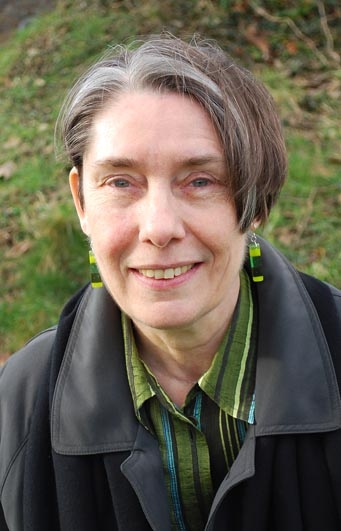
| 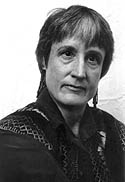
|
Feminist Epistemology:
Situated Knowledge
Task
Situated knowledge is clearly a conceptual proposal to intertwine epistemology and political or social theory; in this sense, feminist epistemology undertakes the task that constitutes “political epistemogy.”
Three Principles
(i) Minimal Materialism because situated knowledge means knowledge will be analysed as embodied action in social situations.
(ii) Self-reflexivity is necessitated because situated knowers must account for taking the position from which they put forawrd their knowledge-claims.
(iii) Epistemic Non-Sovereignty follows from the unavoidable partial and positioned nature of knowledge.
Poststructuralism:
Foucault’s “History of Truth”
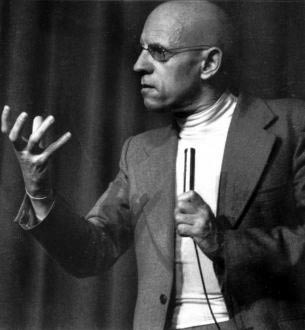
“The critique of knowledge I would propose does not in fact consist in denouncing what is continually […] oppressive under reason, for after all, believe me, insanity (déraison) is just as oppressive. Nor would this political critique of knowledge consist in flushing out the presumption of power in every truth affirmed, for again, believe me, there is just as much abuse of power in the lie or error. The critique I propose consists in determining under what conditions and with what effects a veridiction is exercised […]. For example, […] you can see that the problem would not consist in saying: Look how oppressive psychiatry is, because it is false. Nor would it consist in being a little more sophisticated and saying: Look how oppressive it is, because it is true. It would consist in saying that the problem is to bring to light the conditions that had to be met for it to be possible to hold a discourse on madness-but the same would hold for delinquency and for sex-that can be true or false according to the rules of medicine, say, or of confession, psychology, or psychoanalysis.”
Foucault, The Birth of Biopolitics, 36
Poststructuralism as “Political Epistemology”
Task
Foucault’s distinction between knowledge in the sense of true or false statements and “depth-knowledge” in the sense of the conditions of existence for statements to have a truth-value shows how he intertwines epistemology and political or social theory.
Three Principles
(i) Minimal Materialism because analysing the conditions of existance for statements to have a truth-value turns truth into “a thing of this world.”
(ii) Self-reflexivity because Foucault analyses the conditions of existance of his own concepts (e.g. power).
(iii) Epistemic Non-Sovereignty because (ii) leads Foucault to resttrict the epistemological status of his own claims.
Postcolonial Theory:
The Geography of Knowledge
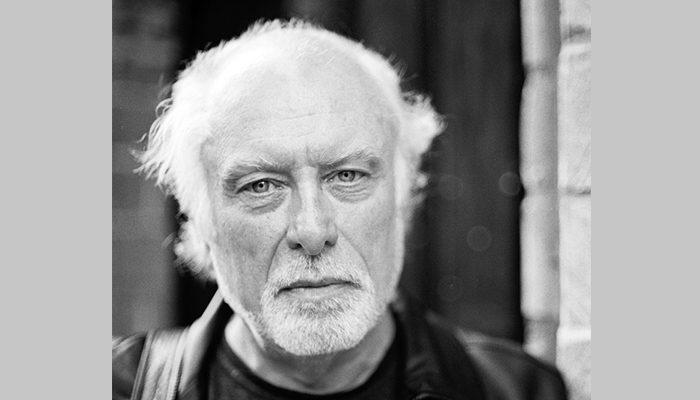
“Epistemology is not ahistorical. But not only that, it cannot be reduced to the linear history from Greek to contemporary North Atlantic knowledge production. It has to be geographical in its historicity by bringing the colonial difference into the game.”
Mignolo, “The Geopolitics of Knowledge and the Colonial Difference,” 67
“[…] ‘an other thinking’ is possible when different local histories and their particular power relations are taken into consideration.”
Mignolo, Local Histories, Global Designs:
Coloniality, Subaltern Knowledges, and Border Thinking, 67
Postcolonial Theory as “Political Epistemology”
Task
Walter Mignolo’s geography of knowlegde and his “border thinking” aim once more to intertwine epistemology and political or social theory—as do Sylvia Wynter’s project of redescribing the human or Boaventura de Sousa Santos’ “epistemologies of the south.”
Three Principles
(i) Minimal Materialism is visible in Mignolo’s claim that capitalism’s colonial conquest was intertwined with the global conquest of Western epistemology.
(ii) Self-reflexivity is presupposed by “border thinking,” as is
(iii) Epistemic Non-Sovereignty.
Conclusion I
These four research traditions offer invaluable insights for “political epistemology” and are important interlocutors for the interdisciplinary dialogue that this emerging research field enables.
Frankfurt School Critical Theory  makes available the arguably most | Feminist Epistemology  has developed the most important conceptions of situated knowledge and leads by far the discussion how gender norms in their intertwinement with other social norms influence knowers and knowledges alike. |
Conclusion II
Poststructuralism  arguably offers the most nuanced | Postcolonial Theory  demonstrates why any worthwhile debate in “political epistemology” must pay attention to the coloniality of knowledge or what I have described, following Mignolo, as the “geography of knowledge.” |
A final word of warning, though: Neither of the four research traditions are not in need of criticism themselves!